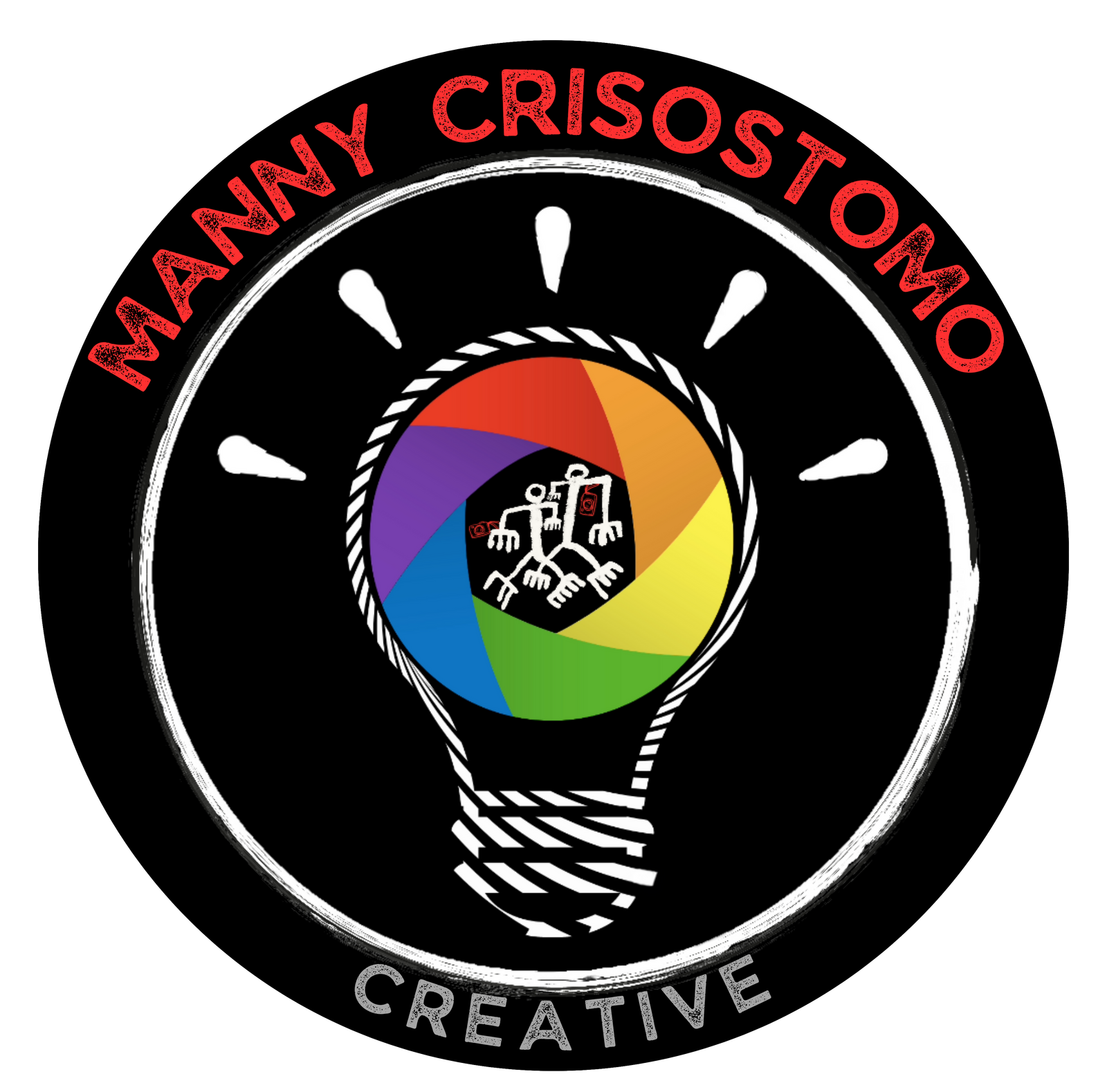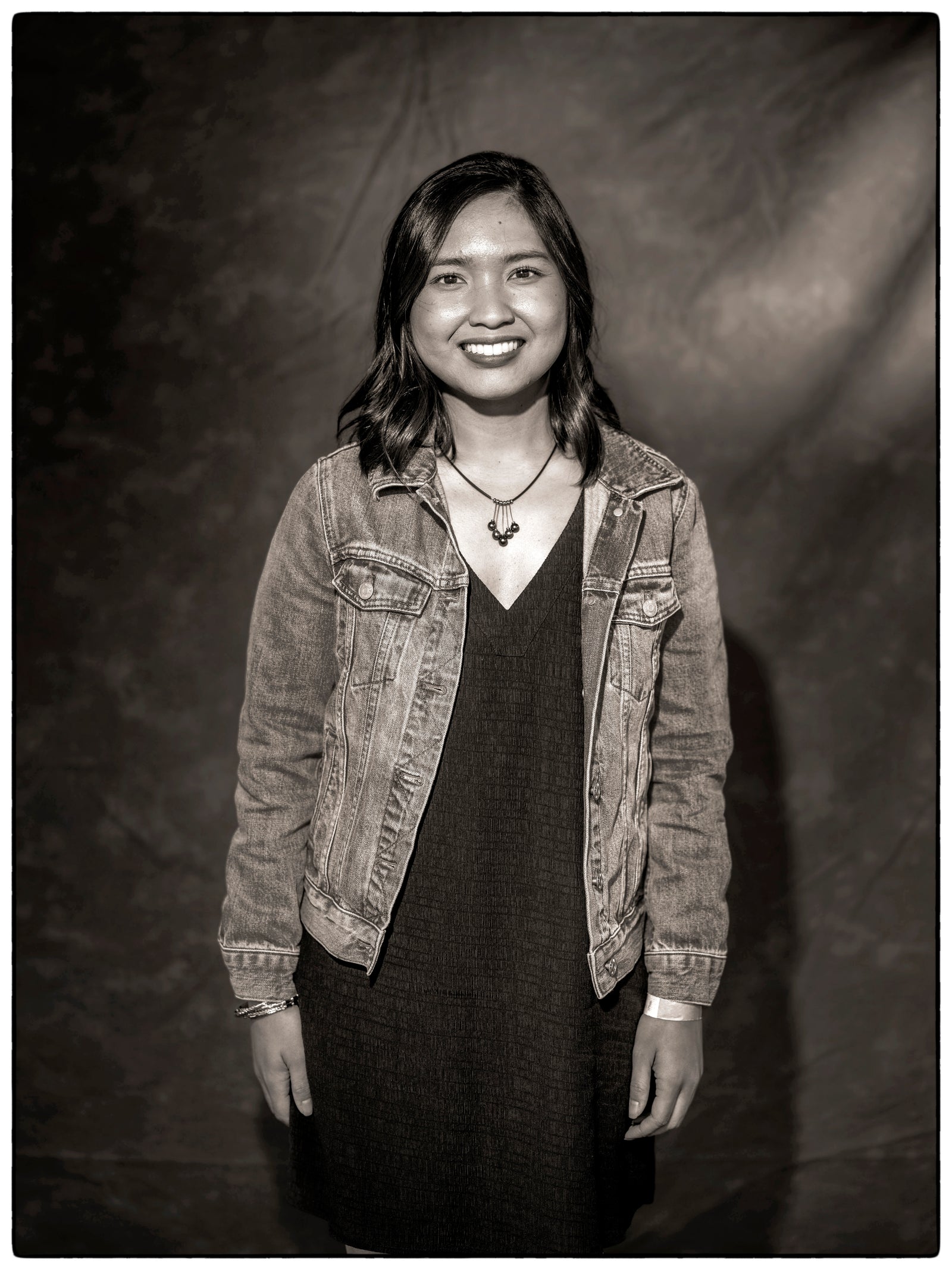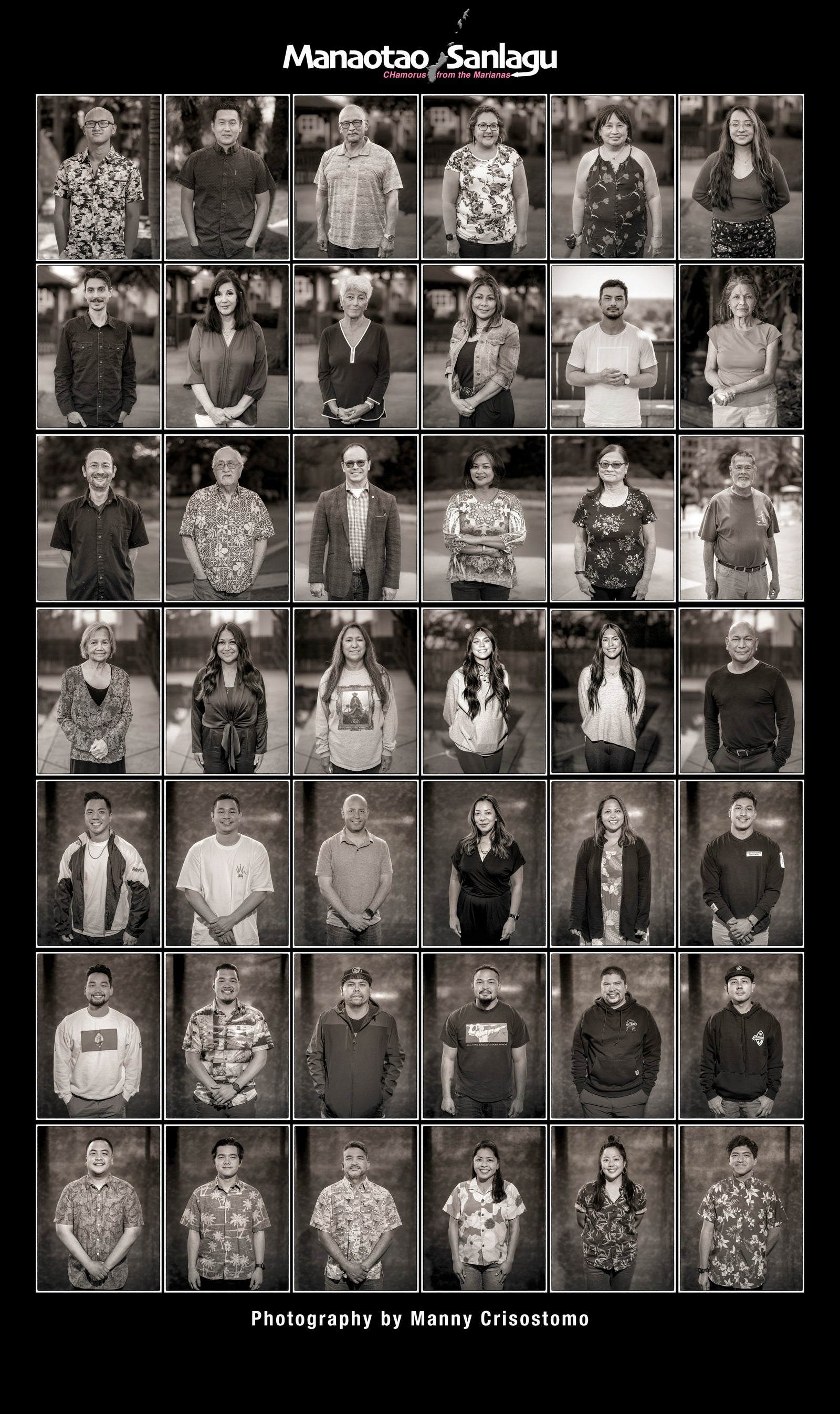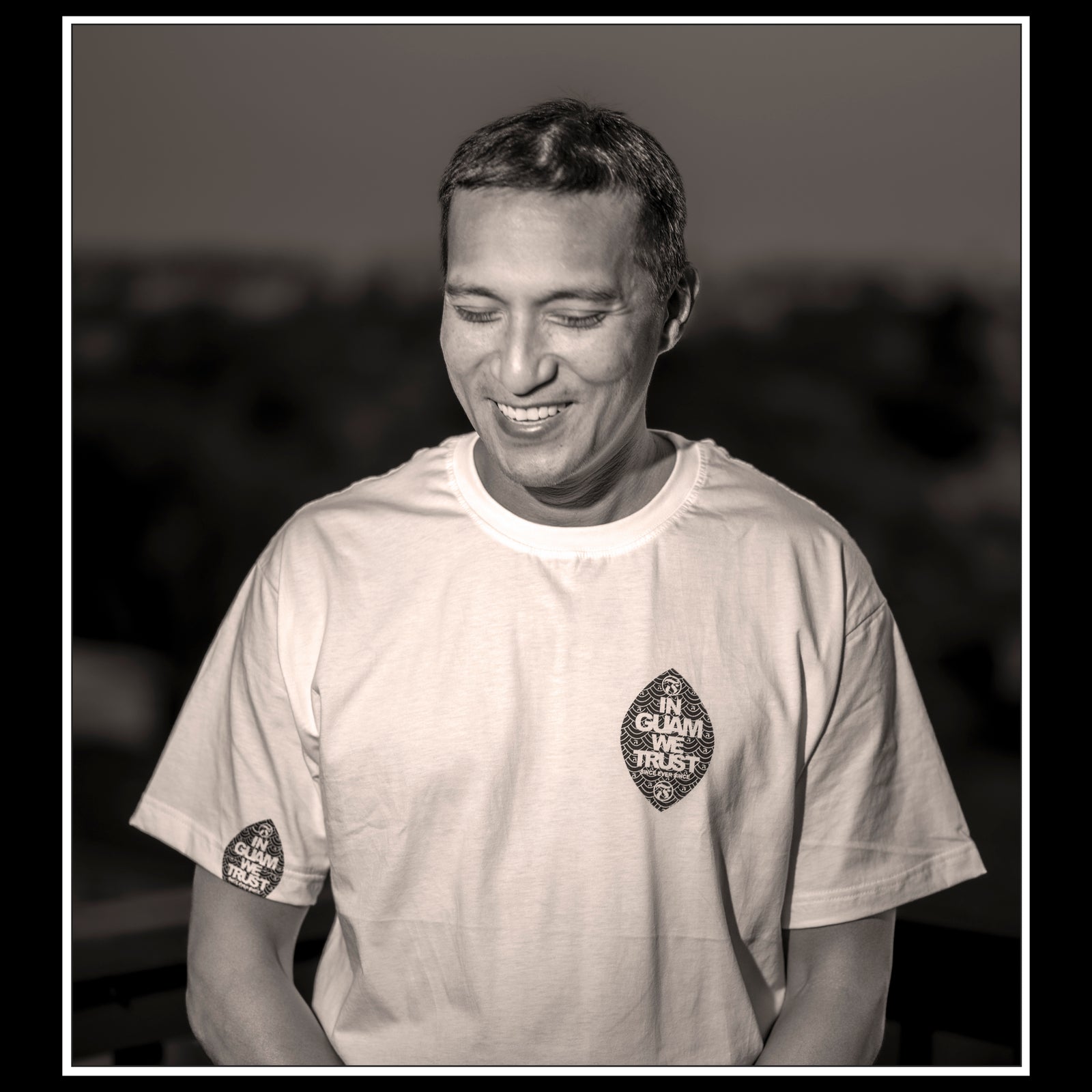By Manny Crisostomo
Stevie Merino’s plans to teach anthropology at the college level took a detour with the birth of her son. Soon after, she found her calling to be a doula providing emotional and physical support for women in pregnancy, birth and postpartum.
“Two months after I had my son, I found doula training and the rest is history. My life trajectory, career trajectory, everything changed,” said Merino, who was born and raised in Long Beach, California.
 “My life is all things pregnancy and birth. When I look back, everything that I was doing was preparation for this work that I’m supposed to be doing.”
“My life is all things pregnancy and birth. When I look back, everything that I was doing was preparation for this work that I’m supposed to be doing.”
During her doula training, she would have eerie and unexplainable experiences.
“I (would) take a class learning massage or working with certain plants and it’ll feel like I’ve known how to do this, like all of my life,” the 34-year-old said. “It’s like this visceral blood memory or something. My body just remembers.
“I was taking this workshop on basic massage for people who are pregnant, and it was my first time ever doing it,” she recalled. “It was quite complicated and intricate and right when I started doing it, I just knew how to massage, it just felt like second nature, like I had done this before, and that I knew how to do it. And so things like that would happen in a lot of different instances and it definitely freaked me out.”
She resisted sharing these transcendental experiences for fear of being labeled weird by her family and friends. But it kept happening and she started to embrace it.

“I talked so much about reconnecting and reclaiming and so I’m going to accept that whatever is happening for whatever reason is a gift and an offering,” she said. “I like to think that somewhere in my lineage, one of my ancestors was doing this work, and it lives in me now.”
Merino was born in a Catholic hospital in Long Beach. Her mother Tina Emilia Perez Mesa, familian Do’do’, is from Sinajana and her father, Steve Merino, grew up in Hawaii and is of Puerto Rican descent.

“We lived with them until he passed. He essentially raised us, he took care of us, he was our connection to CHamoru culture. He would make the foods, take us to rosaries and all of those things,” she said. “He instilled who and what CHamoru was for me. He was the one who made me curious and proud to be CHamoru.”

Growing up, she would do school projects on her grandfather surviving the Japanese occupation on Guam.
Wartime trauma
“The only story he would ever tell was that he remembers there was like a Japanese soldier who was on the family’s land, and he put him in a chokehold, and was taken as prisoner of war. He was the eldest of nine siblings when the war happened, and he was taken as a slave by the Japanese,” she said.
That wartime trauma scarred her grandfather, and after the war he joined the U.S. Merchant Marine and left the island. “He never wanted to go back, it was something he wanted to move past and he rarely spoke of it.
“I still do projects on my grandpa but it’s like grasping for straws, because he was a man of very few words — particularly related to the experience of being CHamoru and living during the war. And my mom seems to know even less,” she said.
“Thankfully, I do have other elders in my family who would tell me stories about my grandfather. I learned a lot more about the CHamoru side of my family that my grandpa had never shared with us.”
Jesus Perez Mesa Jr. died in 2005 at the age of 82, when Merino was in her late teens. His influence stayed with Stevie Merino.
“I think I’m the only one who is really invested in reconnecting and reclaiming my CHamoru culture,” said Merino, who has an older sister and two younger half brothers.
Cultural research
She received her bachelor’s in anthropology in 2014 from California State University, Long Beach. In May, she will receive her master’s in anthropology, with a focus on medical anthropology, also from Cal State Long Beach.
“It took me six years. I finished the program in two years with a 4.0 GPA but it took four more years to complete the thesis,” she said. “All while raising a toddler, going through a divorce and working as a doula full time as a single mom.”

Her master’s thesis explores birthing traditions of CHamorus living in Southern California through an anthropological lens from someone who considers themselves a traditional healer or cultural practitioner.
“I wanted to see if people that are CHamoru have been able to maintain cultural traditions surrounding these themes, or if they’ve been lost as a result of being in diaspora. And so it’s like, what do we reclaim? Or what do we continue to perpetuate, when so much is lost?”
Throughout the writing of the thesis, she remains optimistic “because there are CHamorus who are invested in the resurgence and (the) continuation of our traditions and practices related to birth and pregnancy.”
Doula business
She has embedded her anthropological and women’s studies knowledge with her CHamoru-ness into her thriving business as a doula helping women of color in Southern California.
“I provide support for people who are pregnant or postpartum, it could be physical comfort, pain management, emotional support or just planning. I educate them on their options and their rights in terms of what they can have, or that they can do in labor,” she said.
“I have worked with Pacific Islander clients, and people of color. So it looks different depending on how folks identify and what they’re interested in. Some people want herbs and I do work with herbs since I’m an herbalist. They might want a massage, and I use coconut oil because of the connection to the island, but also there are a lot of health benefits.”

She also provides advocacy guidance so that women know they have the right to birthing in a certain way and that they can refuse certain things. “They have agency to have the birth that they want or that they envision, and they should be treated with respect and dignity.”
Mutual healing
She also has a doula collective, and has trained hundreds of people to become doulas.
“It’s culturally specific, and every training that I do, I start with a CHamoru chant. There are all these people from all over the country and even internationally, who have never heard of CHamorus, never heard our language, and are all saying this chant with me to open up our space,” she said proudly. “That feels so powerful as a CHamoru person, to be able to bring us to the table in this ancestral way. And so I do that.”
“When I do this work, I always feel like, ‘Oh, I’m going to help this person. I’m going to support them and help their healing process and their family’s healing process.’ And then I support them. And I realize, ‘Oh, I’m actually the one who is having a healing experience from their journey,’” she said.
“Manaotao Sanlagu” is Manny Crisostomo’s ongoing visual documentary of CHamorus from the Marianas living overseas that is featured weekly in the PDN. If you or someone you know would like to be part of this documentary or wish to support this project, contact Crisostomo at sanlagu.com. The project is sponsored in part by Brand Marinade, a CHamoru-owned creative agency in the San Francisco Bay Area.







